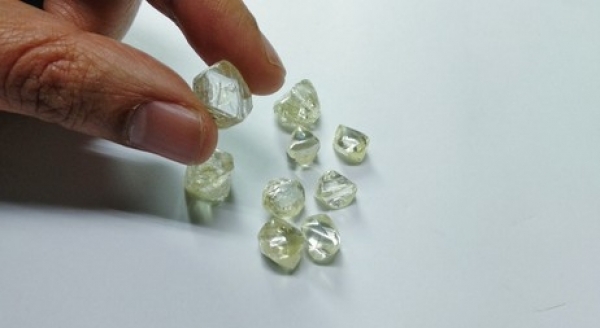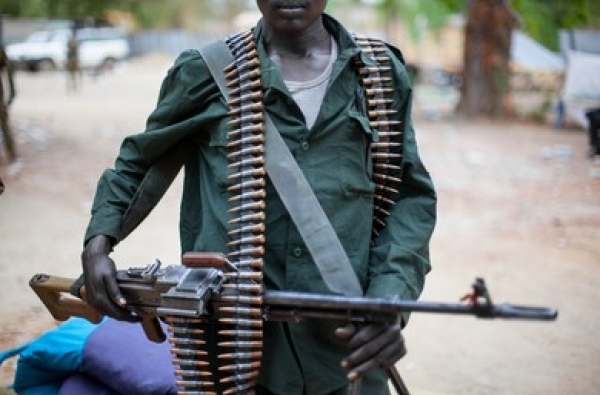Have you seen the movie Blood Diamond? If not, here is a short summary to refresh your memory. During the civil war of the late 90’s in Sierra Leone, Leonard DiCaprio (aka Danny Archer) meets a miner who has managed to escape from a mine controlled by rebels and who has managed to hide a beautiful rough diamond. They attempt to retrieve and to smuggle the gem out of the country.
This film relates events that were very common in the late 90’s until the early 2000’s. At that time, blood diamonds represented 10% of world production.

Blood diamonds
The United Nations defines blood diamonds or conflict diamonds as diamonds extracted from mines that are located in conflict areas and exploited by non-legitimate groups and placed on the market illegally to finance armed conflict.

The blood diamond problem came to a halt in the late 1990s with the conflict in Sierra Leone. Other countries involved were Angola, Liberia, Côte d’Ivoire, the Democratic Republic of Congo (DRC) and the Republic of Congo. Civil wars in these countries have resulted in millions of deaths and displacement of people. The control of natural resources allowed rebel leaders to enrich themselves personally and to obtain weapons.
Kimberley Process
The international community responded to the need for more ethical control to regulate the purchase of rough diamonds on the international market to prevent the financing of armed rebel groups in conflict areas where diamonds are produced.
Under the auspices of the UN, the stakeholders of the industries met in Kimberley, South Africa.
The Kimberley Process agreements were signed and implemented in 2003. To eradicate diamond trafficking, the Kimberley Process (KP) is based on three pillars:
- Governments
- Industry
- Civil society including the United Nations, the World Diamond Council and non-governmental organisations.
They work together to develop the KP Certification Scheme. This certification system aims to prevent conflict diamonds from entering the legitimate diamond circuit.

However, the process is not perfect and has important limitations. The KP only concerns conflict zones (held by rebels). If legitimate governments commit exactions on their populations, they can still export their raw materials.
Nevertheless, the KP has helped to drastically reduce the share of blood diamonds in the international trade and has set the stage for more responsible sourcing.
Nowadays, society is much more careful about ethical and environmental issues. At Tim & Co we want to be part of this movement and all our diamonds are sourced following Kimberley Process rules.

